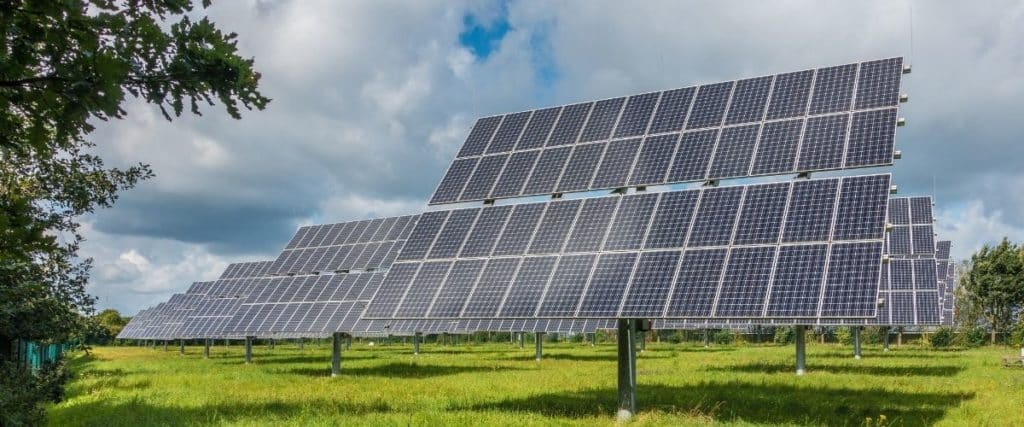Singapore’s SP Group is set to invest US$540 million in renewable energy in Vietnam following Lego’s US$1 billion announcement last December, as this new strategy paves the way for a very different manufacturing future for the country.
Singaporean government-owned electricity and gas distributor, SP Group, announced an SG$750 million (US$450 million) investment in renewable energy in Vietnam, pledging to support the country’s adoption of sustainable energy sources in both public and private sectors and 2050 net-zero goal.
According to the CEO of SP Group, Stanley Huang, the group aims to generate one gigawatt of electricity from green sources by 2025, to match an increased demand for solar energy that is anticipated to grow at least 6% annually.
This follows Denmark’s The Lego Group‘s US$1 billion investment in Vietnam made last December, opening their sixth factory worldwide as a carbon neutral facility, powered solely by solar. Setting a precedent for other Southeast Asian nations, Singapore’s investment is not the first of many to join the global race to carbon neutrality.
As a manufacturing hub, Vietnam is unique in its position, as the local government alongside foreign investors work to push green energy initiatives. Strong government support has spurred the development of the country’s solar and wind power sector in just five years, with almost 21 gigawatts of renewable energy already connected to the national grid.
Vietnam’s Prime Minister, Pham Minh Chinh’s commitment to a 2050 net-zero goal highlighted the country’s efforts to move away from coal-centric energy production, leading the way in Southeast Asia and opening pathways to investors and consumer markets seeking manufacturers and businesses that offer clean energy access.
Last year, Vietnam’s BCG Energy Joint Stock Company, a subsidiary of Bamboo Capital, formed a joint venture with SP Group, looking to innovate in Vinamilk, the country’s largest dairy provider, to install 25 megawatts of rooftop solar energy at nine of their factories and seven farms.
Renewable energy not only provides a sustainable solution to Vietnam’s power supply, but also is important to attracting foreign investment, increasing export demand, and influencing global movements towards carbon neutrality. There is still a long way to go to reach net-zero carbon emissions by 2050, but the country is off to a strong start, hopefully setting an example for other Southeast Asian nations that are looking at clean energy adoption.
Related Articles
Vietnamese Automobile Manufacturer VinFast Pledges to Go All-Electric by the End of 2022
GREENFEED Vietnam Signs Deals with NTT Corporation and LeBoucher





